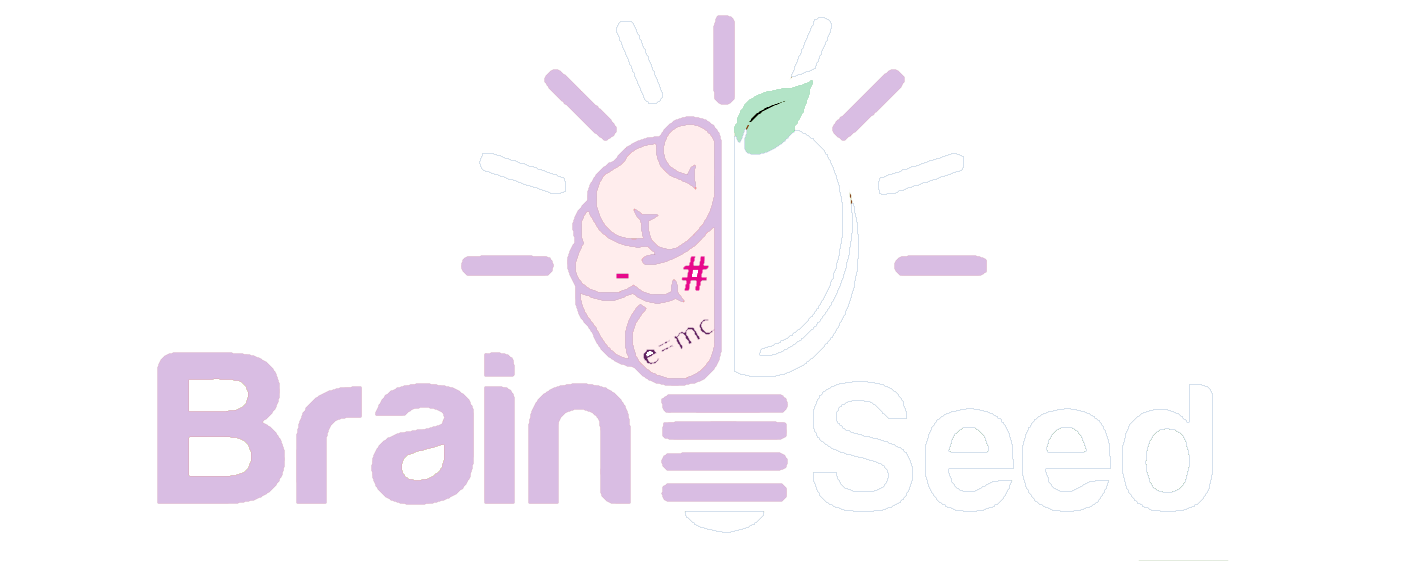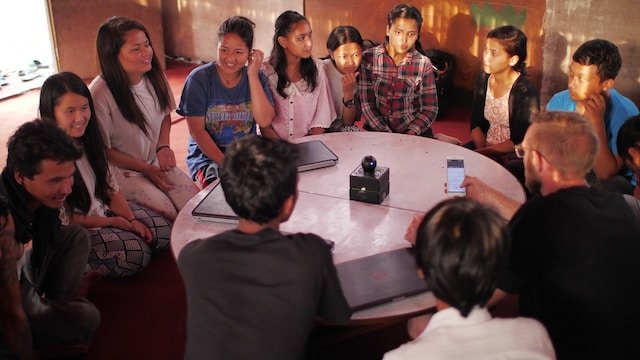What are the benefits of drama for developing problem-solving skills?
Introduction Drama is an art form that has been around for centuries and has played a significant role in human communication and expression. Although many people perceive drama as mere entertainment, it has significant advantages, particularly in developing problem-solving skills. In this article, we will explore the benefits of drama in developing problem-solving skills.
Enhancing Creativity Drama provides a platform for performers to engage their creativity in a structured and directed environment. This allows performers to develop their imaginative and analytical abilities to reason while solving problems on stage. They learn to improvise, make quick decisions, and work collaboratively to solve problems, which are essential components of problem-solving skills.
Building Empathy In drama, performers must understand and engage with their characters’ emotions and motivations to portray them convincingly. This requires a deep level of empathy, which is a crucial aspect of problem-solving skills. Empathy allows individuals to see issues from different perspectives and come up with solutions that benefit all parties involved.
Encouraging Risk-Taking In drama, performers must take risks and try new things to develop their characters and solve problems on stage. This helps performers develop a growth mindset and become comfortable with taking risks in other areas of their lives. By taking risks, individuals can identify new and innovative solutions to problems that they may not have considered before.
Improving Communication Skills Effective communication is a crucial aspect of problem-solving skills. In drama, performers must communicate with each other effectively to convey their emotions, actions, and thoughts convincingly. This requires them to listen actively, express their ideas clearly, and respond appropriately to feedback. These communication skills developed in drama can be transferred to other real-life situations, such as in the workplace or personal relationships.
Developing Adaptability In drama, performers must be adaptable to changing conditions and unexpected situations. This requires them to think quickly and creatively to find solutions to problems that arise. They learn to be flexible and adaptable, which are critical skills in problem-solving. Developing adaptability can help individuals approach problems with a more open and innovative mindset, leading to more creative solutions.
Conclusion In conclusion, drama has numerous benefits in developing problem-solving skills. It provides a platform for performers to enhance their creativity, build empathy, encourage risk-taking, improve communication skills, and develop adaptability. These skills are transferable to other real-life situations, making drama an essential tool for personal growth and development. By incorporating drama into educational curriculums or personal development plans, individuals can improve their problem-solving skills and become more effective in all aspects of their lives.
Are you looking for a fresh and exciting way to engage your school’s drama program or your child’s creativity? Try YouTube drama! It’s a fun and modern way for students to create and perform in their own videos. YouTube drama is flexible, convenient, and can even reach a wider audience. Plus, it teaches valuable skills like video production, editing, and storytelling. Click here to learn more about how YouTube drama can benefit your school’s drama program.






